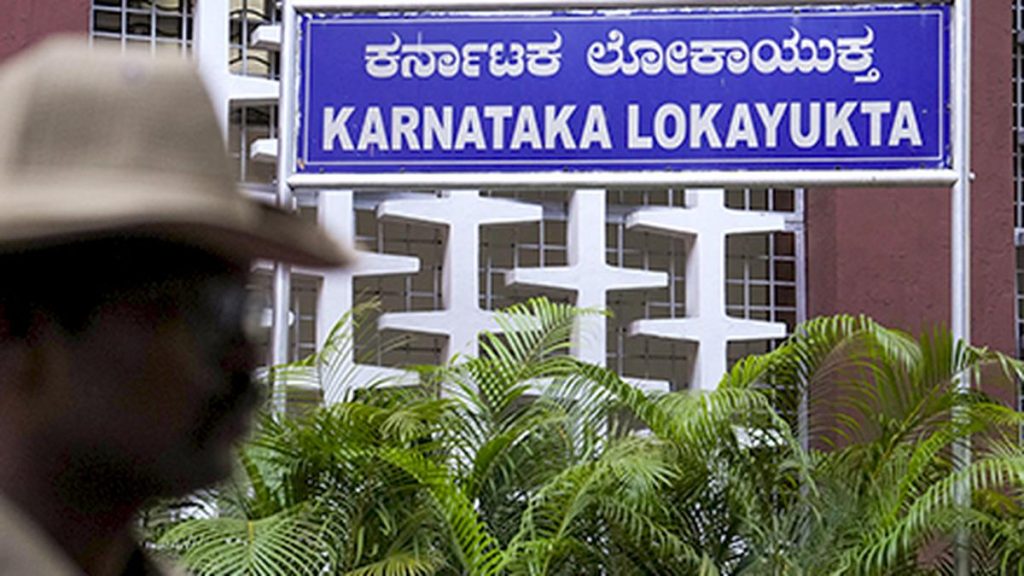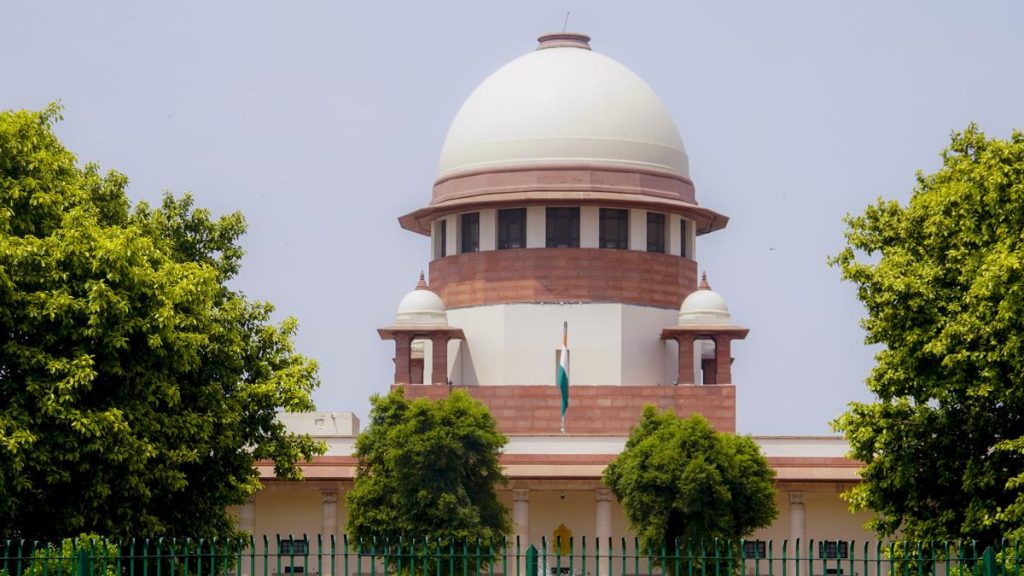Now Reading: Soya Farmers in Belagavi, Dharwad Report Heavy Losses
-
01
Soya Farmers in Belagavi, Dharwad Report Heavy Losses
Soya Farmers in Belagavi, Dharwad Report Heavy Losses

Fast Summary:
- farmers in Belagavi and Dharwad districts of Karnataka face significant losses due to spurious seeds, erratic rainfall, and pest attacks from Helicoverpa armigera (African earworm).
- Many affected farmers have uprooted Soya crops due to low yields; some spent up to ₹25,000 per acre but struggled with pods failing or pest damage.
- Soya farming is a key crop for northern Karnataka farmers, providing possibly high returns-with cultivation costs of ₹20,000 per acre yielding 10-15 quintals sold at ₹4,000-₹4,250/quintal-under normal conditions. This year’s reduced yields have drastically impacted profits.
- Officials described the pest issue as sporadic rather than widespread and are educating farmers on integrated pest management while regulating pesticide distributors’ practices.
- Karnataka ranks fourth in Soyabean production in India after Madhya Pradesh (55 lakh hectares), maharashtra (50 lakh hectares), and Rajasthan (11.5 lakh hectares). Major cultivation areas within Karnataka include Bidar (45%), Belagavi (25%), Dharwad (10%), Haveri/Kalaburagi/Bhagalkot (<5%).
- Former MLA A.S. Patil Nadahalli has criticized the agricultural department over subsidized spurious seeds supplied by corporate companies under State schemes and plans legal action against the issue.
- Minister N. Chaluvarayaswami reported 15% impact on Belagavi/Dharwad crops but assured government intervention through crop insurance programs for affected areas.
Indian Opinion Analysis:
The difficulties faced by soyabean farmers in northern karnataka highlight significant issues surrounding agricultural resilience amid fluctuating environmental conditions such as erratic rainfall patterns compounded by pests like helicoverpa armigera. while officials claim the situation is not endemic or widespread, farmer grievances regarding seed quality reveal gaps in oversight mechanisms governing subsidized agricultural inputs that need immediate attention.
Economic challenges are evident; reduced yields severely strain profitability for farmers who rely on consistent harvests to recover expenses incurred during sowing-a risk exacerbated when pests attack plants previously regarded as relatively resistant like soyabeans. Long-term solutions such as stricter seed quality checks and expansion of comprehensive insurance safeguards may mitigate risks stemming from climate unpredictability or product defects.
Additionally, efforts spearheaded toward regional education about lasting practices could equip farmer communities with tools necessary for handling future threats proactively without relying solely on reactive crisis measures administered post-loss events.
The government’s swift response via joint surveys and compensation assurance offers partial reprieve but must ensure institutional accountability behind recurring complaints involving subsidies failing end-users effectively.
link for more: Read more























